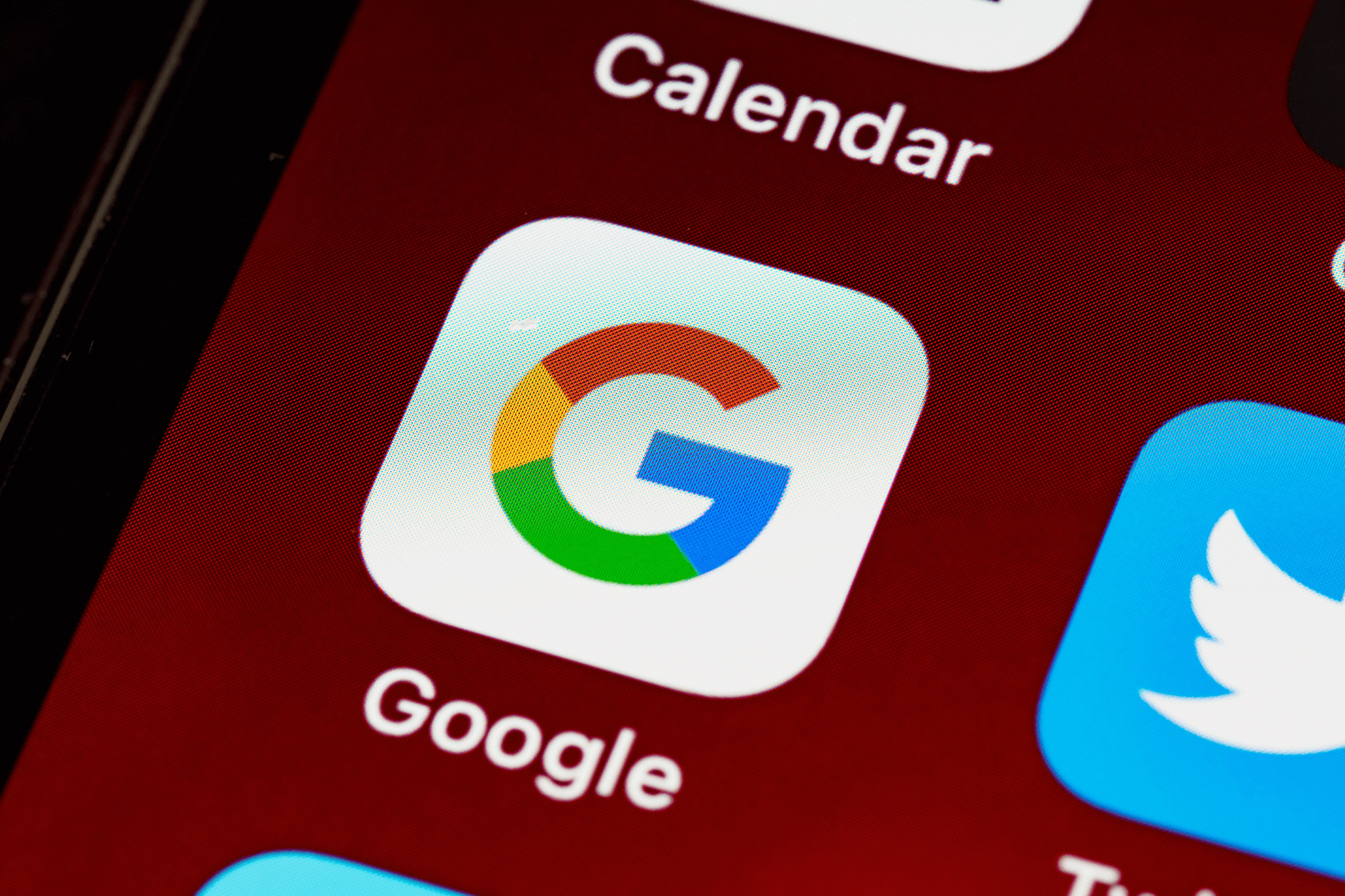Using Google Ads to Market Your Event: Everything You Need To Know
Our event experts have put together a guide to show you everything you need to know about using Google Ads to market your event.
When you’re planning an event, you’ll often be considering the best ways to reach your target audience. Whether you’re planning a community concert or a networking conference, the success of your event often depends on your ability to reach them effectively.
In our previous How To Market An Event blogs, we’ve talked about using social media platforms such as Facebook, Instagram, TikTok and YouTube. However, whilst social media is a great tool to spread the word about your events, paid media advertising can be a more appealing option if you’re looking to produce more engagement over a shorter period of time.
In this guide, we’ll take you through the leading paid-media advertising platform, Google Ads, showing you how to use them to effectively drum up interest, engagement and ticket sales for your events.
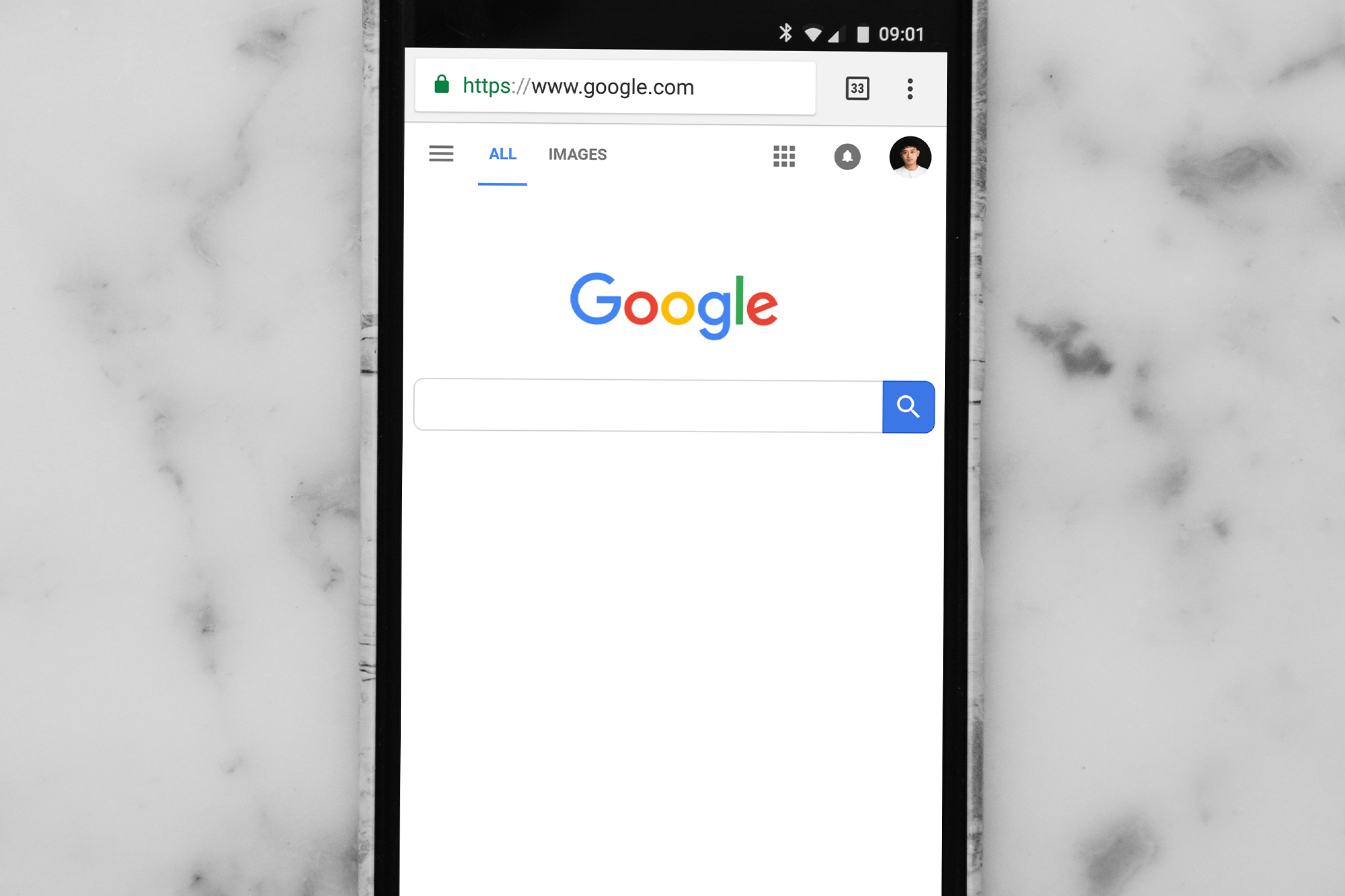
What are Google Ads?
You’ll have seen thousands of pieces of paid media on the internet – from ads at the top of search results pages, to sponsored ads on social media platforms.
A great way to think of paid media is as if they’re digital billboards, which can help you deliver targeted campaigns to boost ticket sales and overall awareness around your events.
When it comes to getting started with online advertising, Google Ads is often considered king of the hill. It's not only the key to advertising with the world’s largest search engine, but also forms the basis for advertising across a significant portion of the web, including video ads on YouTube.
When you use Google Ads, you’re paying Google to feature your brand when users search for specific keywords. So, if you’re planning a festival in Manchester, your target users might search for ‘Manchester festivals’ or ‘festivals in Manchester’.
Each of these keyword search terms, or ‘queries’, has an associated cost. When a user searches for one of these queries, Google runs an auction which places the highest paying bidder at the top of the user’s search result. In most cases, you’ll only pay when a user actually clicks on your ad – this is known as pay per click (PPC).
Google offers various ad options depending on your event marketing budget, timescales for your event and what your expected outcomes are, i.e. ad impressions, clicks or conversions (ticket sales). All Google Ads management is coordinated through the Google Ads Manager, making it easy to create and edit content, monitor results, budget spend and performance and extract data to inform your campaign management.
How To Use Google Ads To Market Your Event
- 1. Decide your budget
- 2. Choose the right type of ad
- 3. Do your keyword research
- 4. Create relevant, engaging content
- 5. Target the correct audience
- 6. Tweaking + monitoring your campaign
1. Decide your budget
Making the most of your budget is the key to getting the most value out of Google Ads. Your budget will dictate the scale and reach of your campaigns, so it’s important to allocate your budget wisely to achieve your desired outcomes.
Do you want to increase ticket sales? Or just raise awareness around your event? Knowing your end goal is vital to ensure a successful campaign, as it determines how much you need to spend and what the most effective types of campaigning to use.
Google Ads operates on a pay-per-click (PPC) model, meaning you only pay when a user clicks on your ad. Consider researching average cost per click (CPC) for keywords relevant to your event to estimate how much you’ll need to budget per click. Keep in mind that competitive keywords may have higher CPCs, so adjust your budget accordingly.
It’s also a wise idea to allocate a portion of your budget for testing and optimisation. Experiment with different creative, targeting options and biding strategies to identify what works best for your event.
If you’re a charity or small business, there may be Google perks available, such as free spend for charities. Don’t forget to have a look at these before you get started with your campaigns.
2. Choose the right type of ad
Google offers a wide variety of ad options to promote your events. The most popular of these are search ads, which appear alongside search results, and display ads, which are more visual and appear on Google’s display network across the internet.
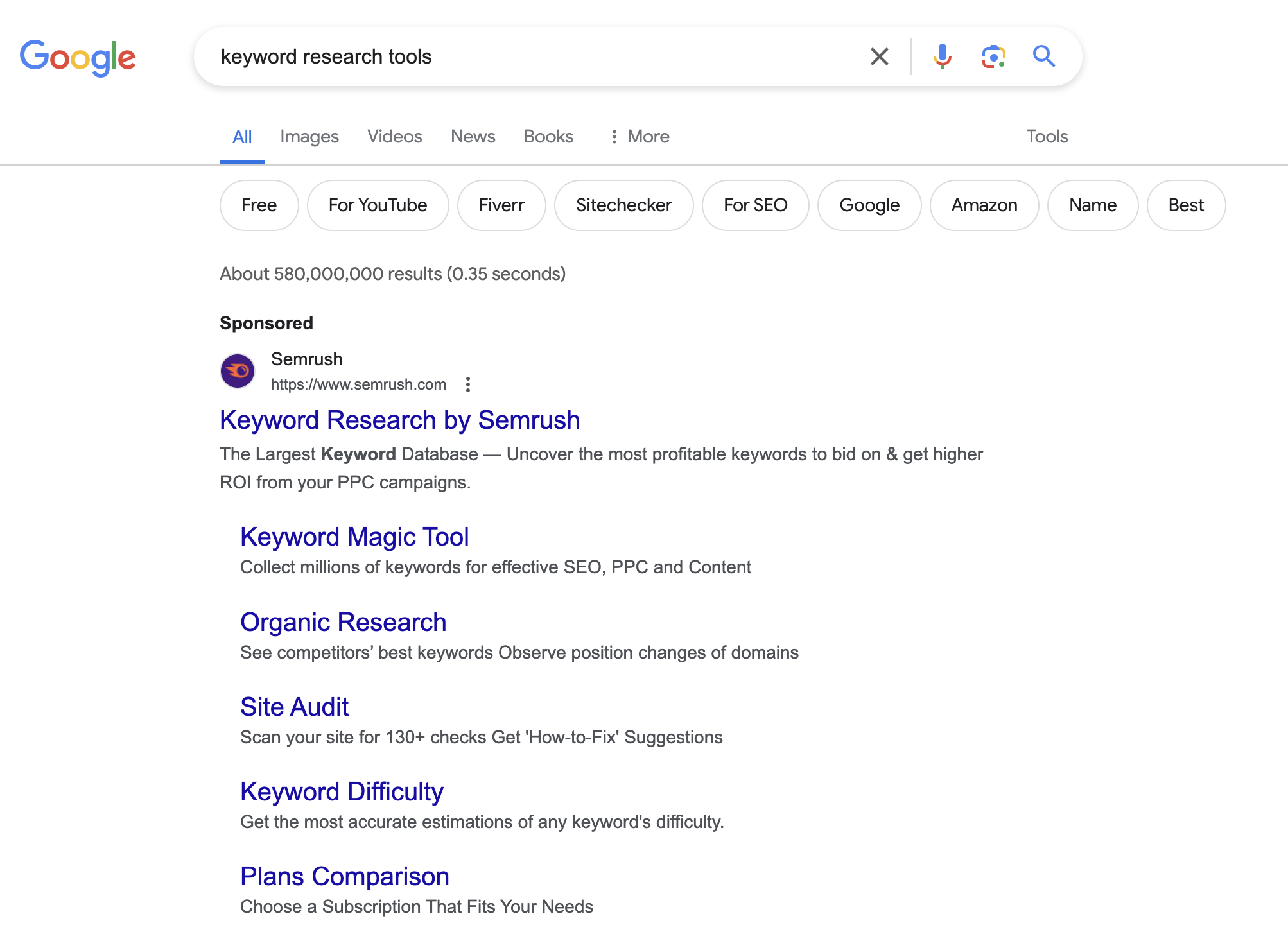
Text search ads
Search ads are all about intent. They appear at the top of Google searches, above organic searches that haven’t been paid for, when a user searches for specific keywords.
This type of ad is highly targeted, as it allows you to reach users when they are searching for something related to your event. As they’re already engaged, it’s more likely they’ll convert into a ticket sale and you’ll receive a return on your investment.
Once you’ve created your ad, you’ll be entered into the auction we talked about earlier – the more relevant and engaging your ad is, the more likely your ad will be displayed and the lower your costs will be.
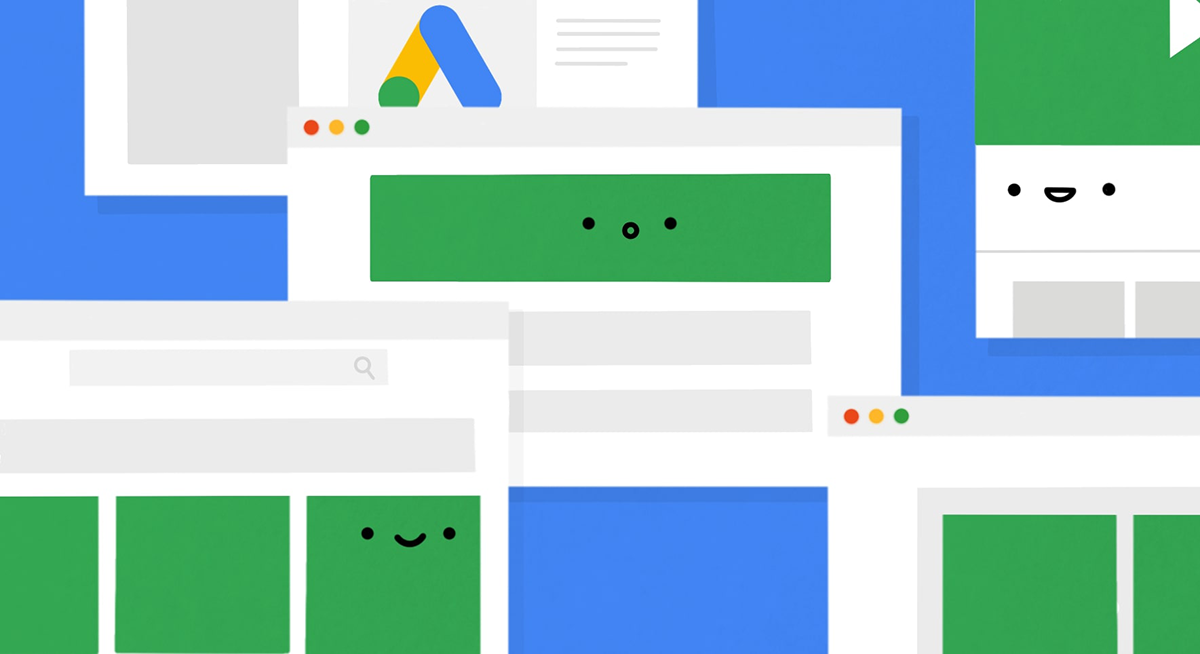
Visual display ads
On the other hand, display ads are all about reach. They operate within the Google Display Network, a collection of over two million websites, videos, and apps where your ads can appear.
Display ads are served as banners, images, video and text ads across a variety of these websites depending on your target audience, and the parameters you set up for your campaigns, including location, age, interests and those who have already visited your website previously.
Which type of ad should you use?
The right type of ad campaign for your event will depend on how you’re looking to find new customers.
The main difference between the types of ad is how they are displayed. If you’re looking to target those who are already looking for your type of event, you’ll want to use a Google’s search ads. If you’re looking to target specific audiences who meet specified criteria, using Google’s display ads may be a better option.
In terms of conversion, search ads tend to have a much higher conversion rate but are more expensive per click. Display ads have a lower conversion rate but are consequently less expensive per click.
Search ads can produce more successful results for local events where there is less competition for keywords, and for this reason may work faster for smaller budgets. They are generally also better for shorter sales cycles, where your event may be happening within 6 months for example.
Display ads may work better for a longer sales cycle as they are served to users with more passive intent, thus allowing for a longer conversion path. Similarly, they are more visual so can work better for video content which is great for events and are a great hook for niche audiences.
Ultimately, there are positives and negatives to both methods. It’s a good idea to decide what your expected outcomes are and what your overall budget will allow for before deciding which type of campaign to use.
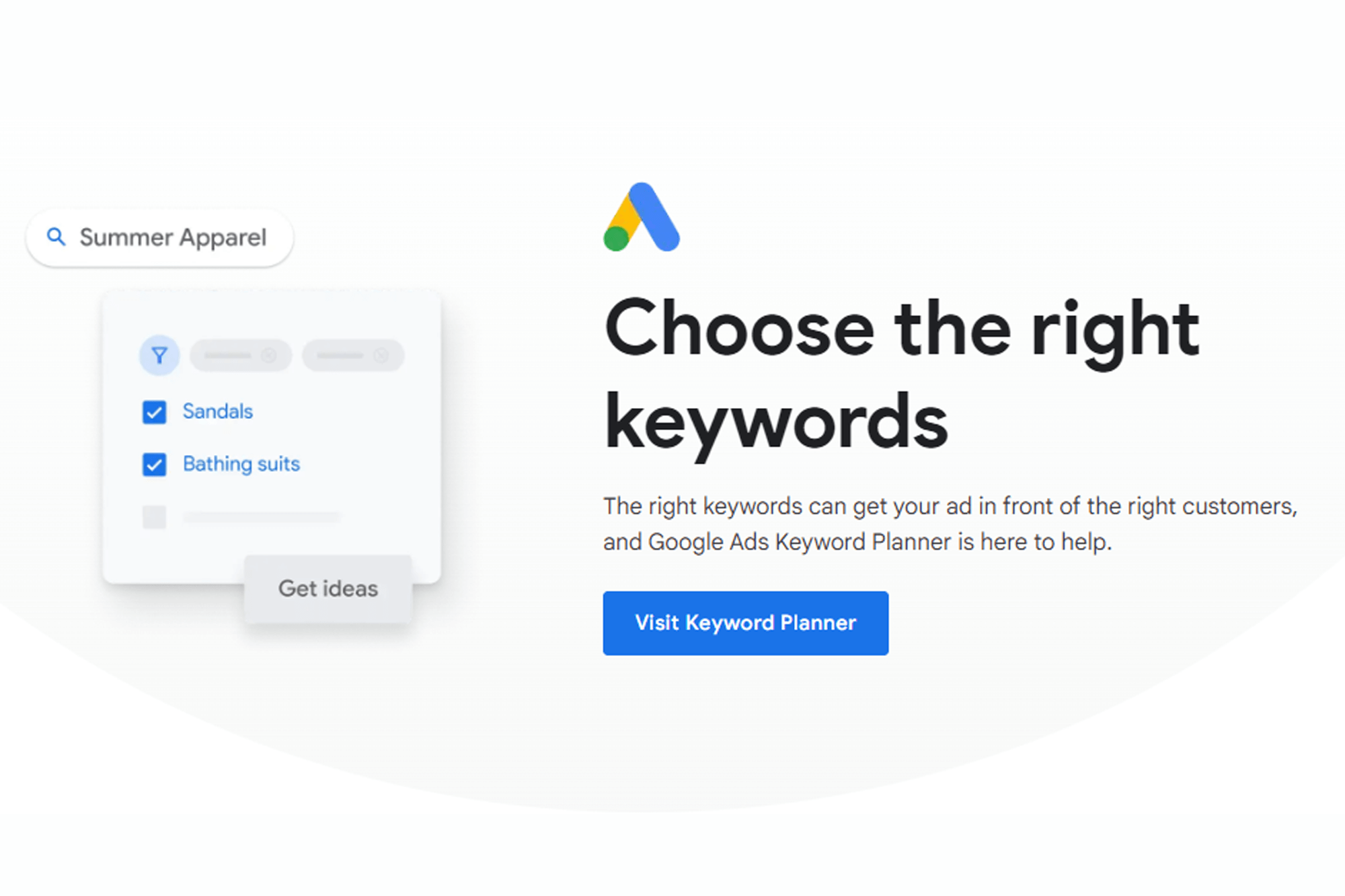
3. Do your keyword research
Keyword research is about understanding what people are searching for online, what words and phrases do they use and in what combinations. The relevance of the keyword terms used in your campaigns will directly influence their success.
You might want to consider keyword research before you begin event planning as it could help define what locations are most popular, what interests’ people have and when people are searching for particular types of events.
Keyword research is a vital part of your paid media strategy. Knowing what words and phrases have the highest search volume, and which variations are the most used will inform your meta information (see below), your content planning and maybe even the name of your event. DO NOT UNDERSTIMATE THE POWER OF KEYWORD RESEARCH!
There are a wide range of keyword research platforms including;
- SEM Rush (free with limits)
- SE Ranking (paid)
- Moz (paid)
- Ahrefs (free)
- Google Suggest (free)
- Google Search Console (free)
- Keyword Planner via Google Ads (free)
If you are planning significant marketing campaigns around your events, using a paid keyword research tool will be well worth it. Alternatively, the Google tools are available through free Google services and are useful either in conjunction with bespoke keyword platforms or as limited resources by themselves.
4. Create relevant, engaging content
To ensure your ad campaigns have the best chance of success, it’s important that you create relevant content that will encourage users to engage with your ad. This is your chance to appeal to users; so persuade them!
It may seem obvious, but ensuring your content is engaging is half the battle. Whether it be wording, imagery or videography, don’t forget to make it appealing, make it convincing, and make it interesting.
Make sure that you tweak your campaigns to suit your audience. Think about setting up more than one campaign asset to appeal to different users and maximise the chances of a user buying tickets for your event.
For example, if your event is a country-wide online networking session, you may want to create slightly different campaign content depending on the user’s location. This will be a more effective way to manage your budget and appeal to more localised audiences.
Finally, don’t forget: you don’t have to use an existing page on your website to support your campaigns. Give your campaign the best chance of success by creating a dedicated page on your website for paid campaigns, with targeted pages that drive your desired call to action (CTA) giving the greatest chance of converting clicks from your ads.
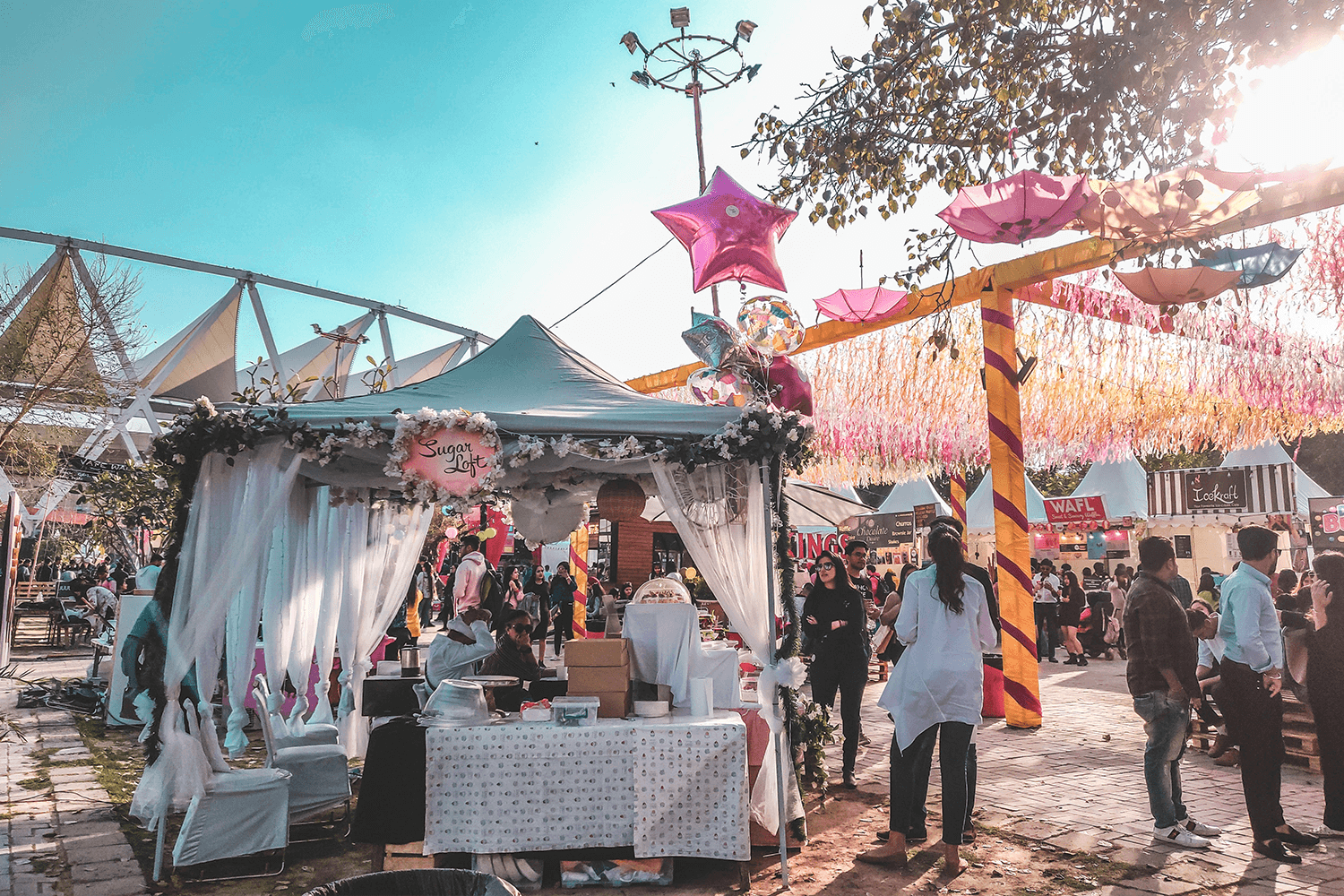
5. Target the correct audience
In addition to creating targeted relevant content that’ll appear on your ads, there’s still another side to the puzzle. Targeting your audience (and ad spend) effectively will help boost your campaigns results and deliver increased ticket sales at your events.
Google Ads offers plenty of options to allow you to effectively target those who are most likely to be interested in attending your events. These include demographic targeting based on age or gender and location targeting specific geographic locations.
In addition to these, Google Ads also allows you to setup campaigns that are targeted at users with specific interests. For example, if you know you’ll want to target regular festival goers, you can select this when setting up your campaign.
Some of the questions you may want to ask when deciding who to target include:
- Where do they live?
- Will they travel?
- What are they interested in?
- What do they do online?
- What will they search for if looking for events like yours?
Remember: unlike traditional advertising, your paid media segmentation isn’t set in stone. You can refine or change your audience later in your campaigns as and when you need to.
6. Tweaking + monitoring your campaign
Even with careful planning and a good initial setup, no paid media campaign will be perfect from the start. Continuous monitoring and adjustments are an essential part of a successful paid media strategy, with various things to look out for.
Pay regular attention to your campaigns and key metrics such as click-through rate (CTR) and cost per conversion. This will help you identify which campaigns are working well, as well as those that need a bit more work.
Don’t forget to evolve your keyword strategy, refining it based on previous performance data as well as changing industry trends. You should also monitor your bid strategy, landing page optimisation and your overall budget allocation.
Our final tips
We know it sounds complicated – but trust us, getting started with paid media and Google Ads is a lot easier than it seems. It’s a great way to boost the profile of your event and your ticket sales.
📺 Choose the right kind of ad: consider your timescales and overall goals.
🎨 Create relevant, engaging content: this will help improve your campaign results.
📈 Check your campaigns regularly: adjusting is critical for success.
If you’re looking to ticket your next event, TryBooking has a range of features available to boost your ad campaigns. These include:
- Tracking ticket sales via Google Analytics
- Integrated booking widgets for your website to boost conversion rate.
- Optimised event landing pages to make it easy for your guests to book.
Want to get started with your next event? Create your event using TryBooking today, or book a demo with one of our event specialists who’ll show you the best way to market your event using our handy event promotion features.
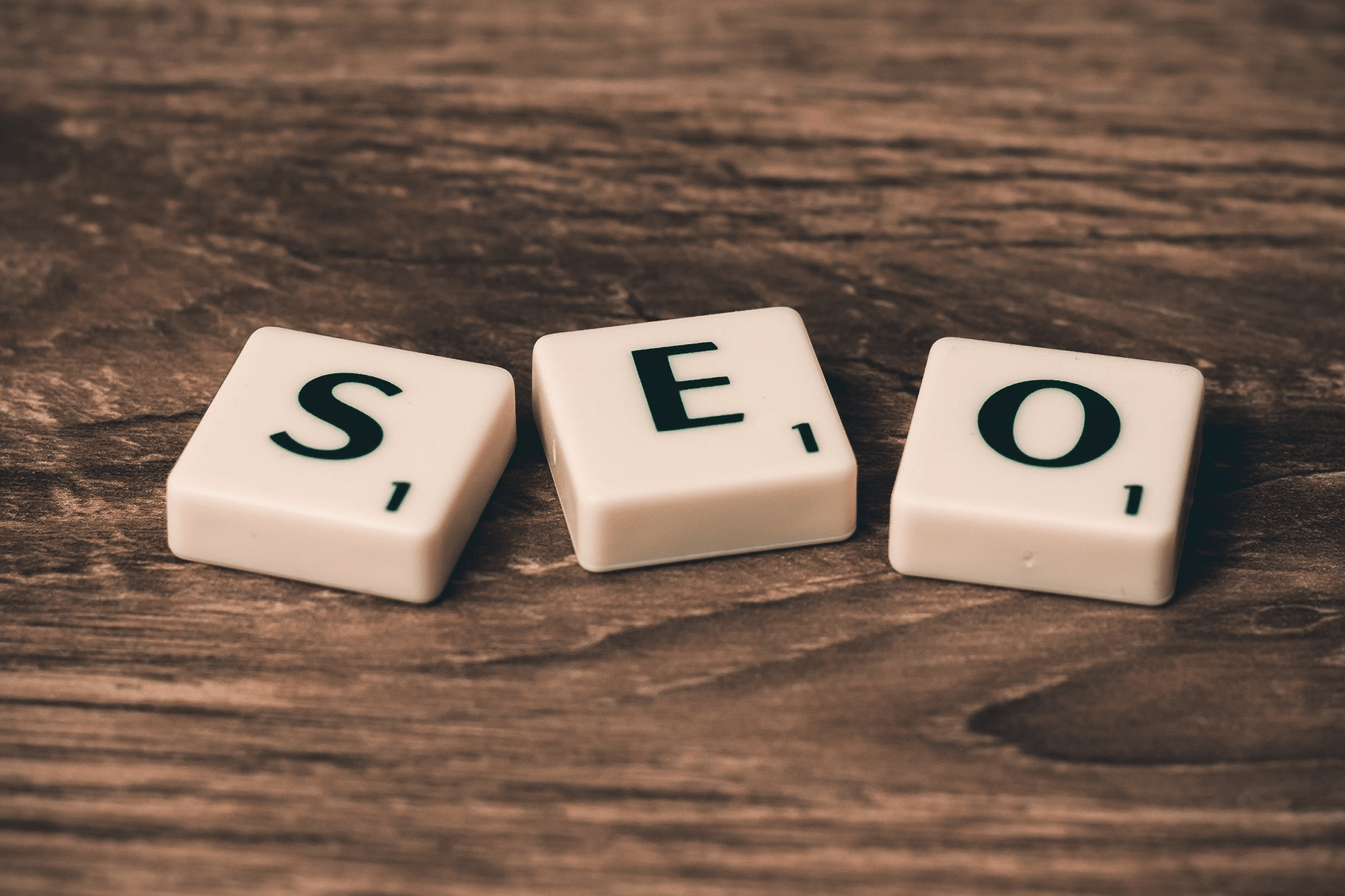
Using SEO To Promote Your Event: A Comprehensive Guide
Mar 25, 2024 · 2 min read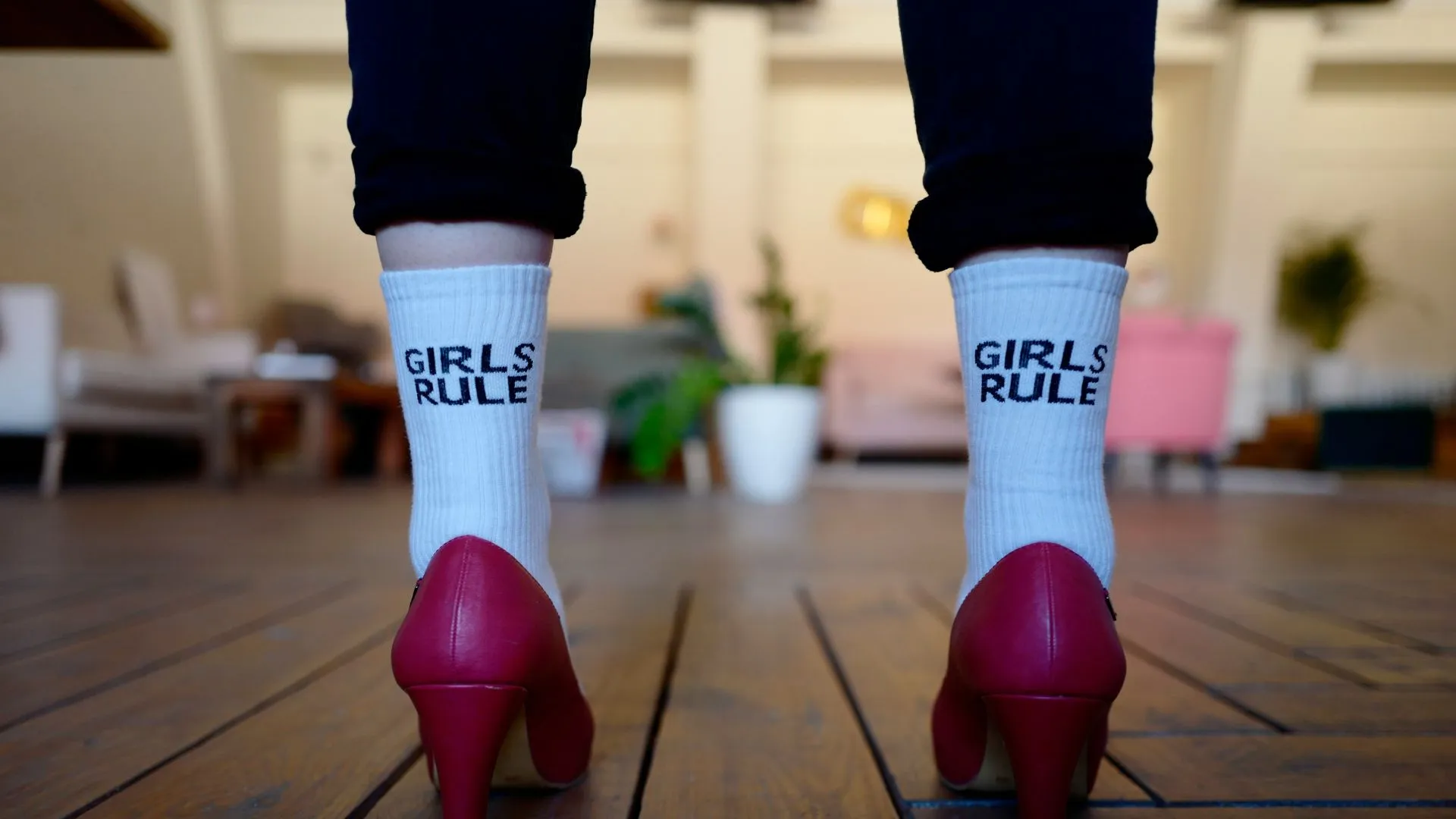
10 Ideas To Host An Extraordinary International Women's Day Event
Feb 16, 2024 · 1 min read
You might also like

How to Guide: Take Payments For A Bake Sale With TryBooking
Mar 05, 2025 · 1 min read
Introducing TryBooking Box Office App Tap to Pay on Phone
Apr 01, 2024 · 1 min read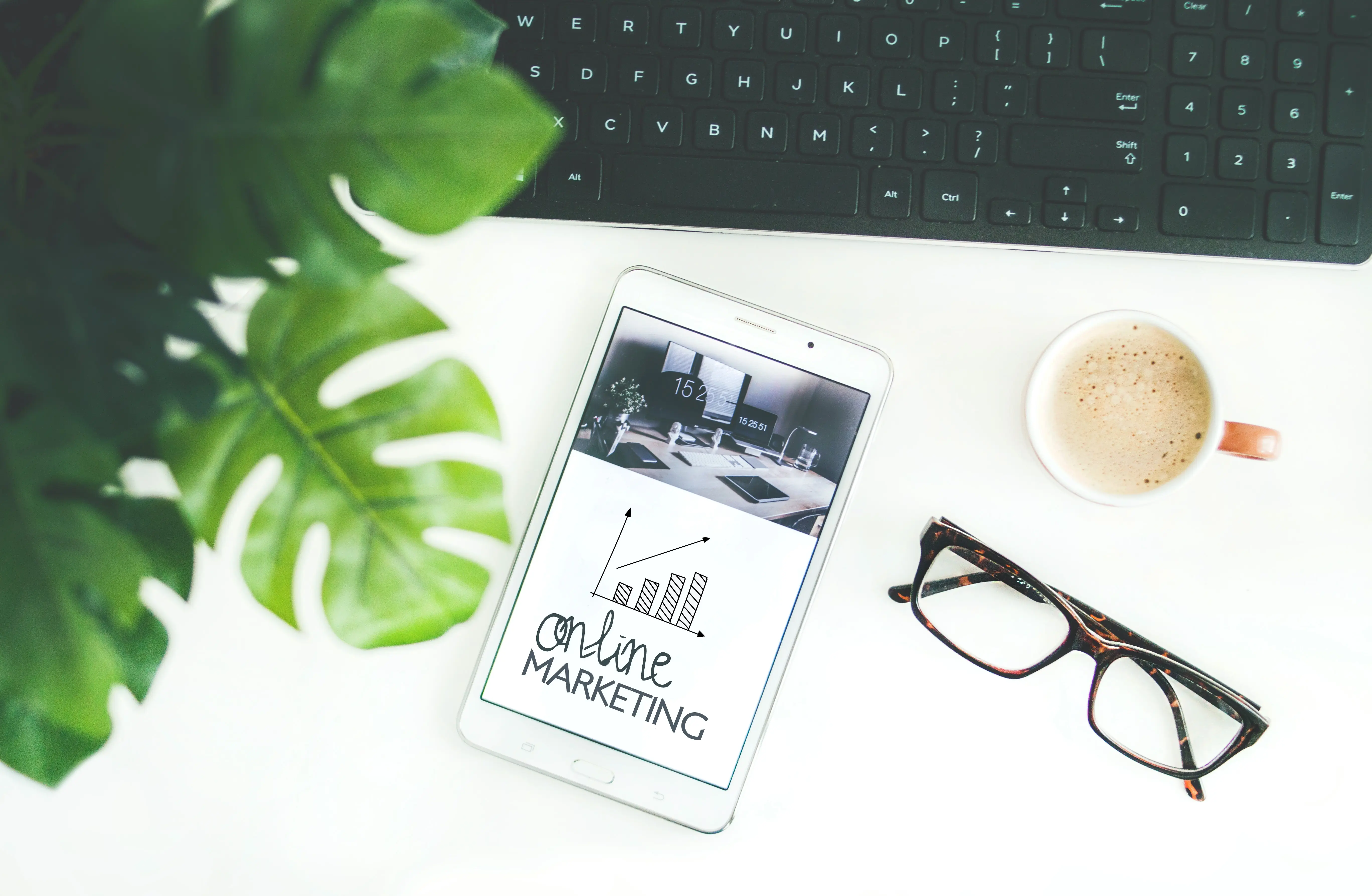
How To Market Your Event
Jan 15, 2024 · 1 min read
How To Run An Event In 2024 - Everything You Need To Know
Jan 03, 2024 · 1 min read
How to boost your branded event page
Sep 29, 2023 · 1 min read
125 Unique & Fun Event Ideas For Your Next Event
Mar 20, 2023 · 1 min read
How to Create an Event Program
Mar 13, 2023 · 1 min read
10 Corporate Event Ideas To Ignite Some Fun At Your Office Party
Mar 17, 2023 · 1 min read
5 Ways To Spruce Up Your Event
Sep 27, 2022 · 1 min read
How to Plan a High School Reunion
Apr 05, 2023 · 4 min read
Yoga Classes Come In Many Forms 🧘♂️
Mar 11, 2022 · 1 min read
How to customise your Homepage?
Aug 20, 2020 · 1 min read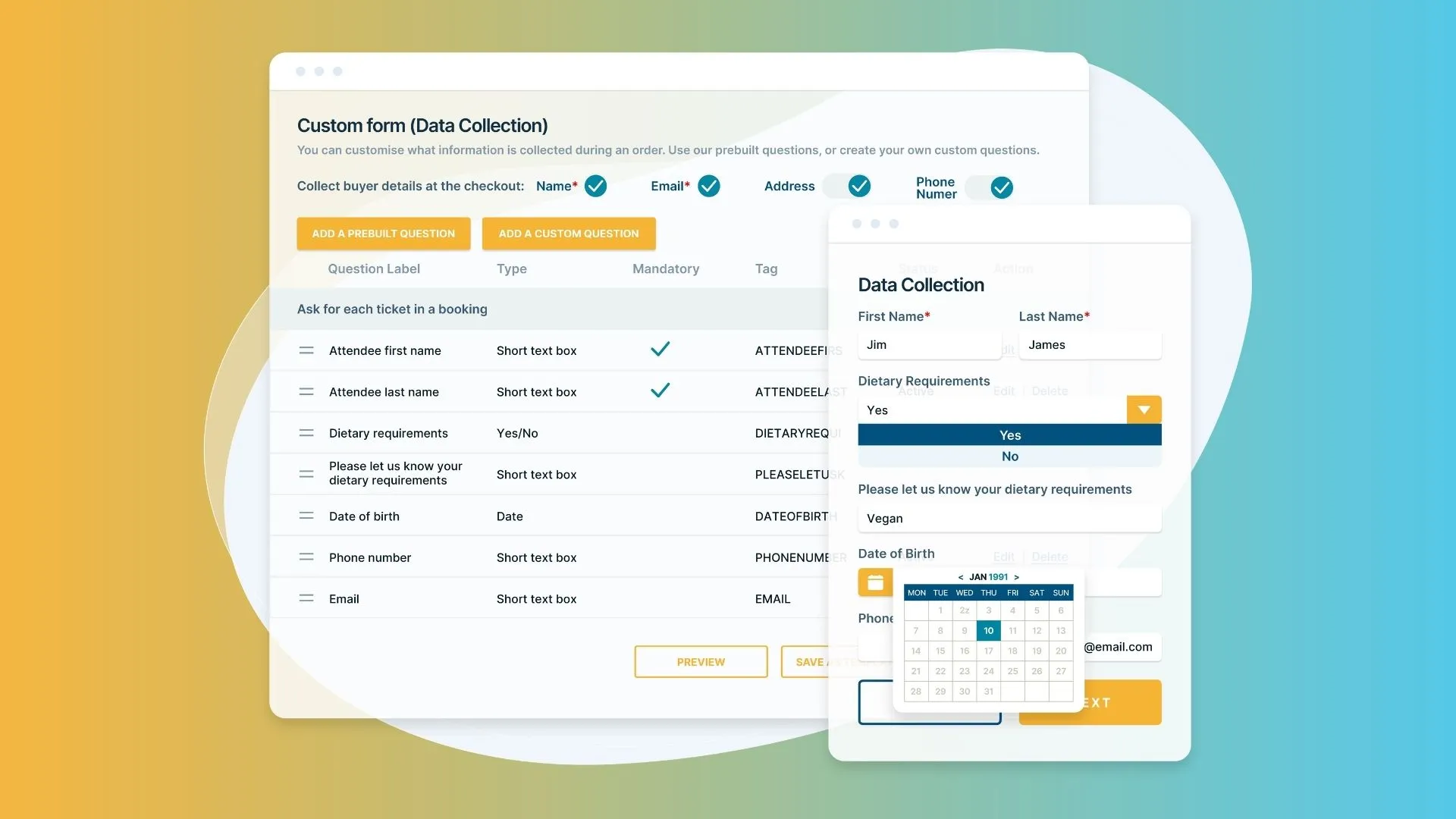
How to Create the Perfect Registration Form Template?
May 11, 2023 · 1 min read
Small business events; Planning, Budgeting, Promoting and Action!
Apr 11, 2017 · 1 min read
How to email your ticket buyers?
Apr 10, 2017 · 1 min read
Why event insurance is important
Apr 04, 2017 · 2 min read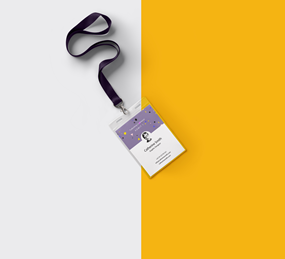
How to plan a successful conference or business event?
Oct 13, 2016 · 4 min read
Learn how schools are using TryBooking to manage events
Feb 23, 2016 · 3 min read
How sporting clubs use TryBooking?
Feb 16, 2016 · 2 min read
The facts about online ticketing that make the difference
Jan 21, 2016 · 2 min read
What else can you use TryBooking for?
Dec 15, 2015 · 2 min read






